
Article from The Vaishnava Voice
It seems like everyone wants to read about Shambo the bull. My blog visitor numbers have never been so high. Even at the London Rathayatra festival on Sunday, people were asking us: “Is this a protest march for Shambo?”
The story of Shambo the bull is of course a sad tale. Despite last minute sea changes in the legal decisions, and despite much public sympathy, 20,000 signatures and a hundred sitting in protest at the temple in Wales, Shambo was ultimately taken away to be killed.
His plight, and the plight of those trying to save his life, was not really sympathised with by certain journalists. Reading the situation as being one of sentimental monks fretting about their pet bull, they castigated them for not seeing the relative importance of a ‘pet animal’ when compared to the health of other cows or indeed of humans who might catch TB.
Other writers, catching the fundamentalist fatigue in the British public, noted that here was another case where one groups eccentric religious laws were meant to be pandered to at the expense of us all. Other farmers have had their herds culled due to TB infection, and many other farmers lost their entire herd to foot and mouth disease within recent years. They were also troubled by their loss but ultimately had to do the decent thing and surrender them for slaughter. Why so much fuss about one “sacred” bull?
They’re missing the point. Shambo was sacred not because he was a bull living in a temple. And he was not sacred because some Hindu monks had designated him as such. And he was not sacred because he was a Hindu bull. As bulls go, Shambo was no more or less sacred than any other bull happily grazing in any field.
All bulls, cows, and indeed all life, is worthy of our reverence and protection. The world’s oldest scripture calls upon us to see a spark of the Divine in all beings, and especially in those animals which have been designated by God to provide for our existence in some way. Through them, we come to see our connection to the Divine and how we are cared for. The Skanda Vale temple just happened to be one of the few places in the country where this approach to the sanctity of life was honoured and practised. And Shambo - for a few brief years - just happened to be on the receiving end of such vision and generosity.
Perhaps we have all participated in bringing about the natural catastrophes that now threaten farmers everywhere. Incessant demand for meat and increased milk yield have turned our four-legged mothers and fathers into walking bags of hormones and antibiotics. Who knows what natural bovine immunities become extinct after generations of this treatment?
Ultimately the Vedas explain that ahimsa or non-violence is the path that human beings are meant to tread if they wish to make progress on the upward path. The repercussions of this choice will restore nobility to our increasingly violent society and safeguard us all. And non-violence begins with our tongue; not hurting others with our words, and not hurting others with our choice of food.
This was written a few centuries ago by Thiruvalluvar, an Indian poet, in his book Thirukural or Sacred Couplets :
How can he practice true compassion
who eats the flesh of an animal to fatten his own flesh?
Riches cannot be found in the hands of the thriftless,
nor can compassion be found in the hearts of those who eat meat.
He who feasts on a creature’s flesh is like he who wields a weapon. Goodness is never one with the minds of these two.
If you ask, “What is kindness and what is unkindness?”
It is not-killing and killing. Thus, eating flesh is never virtuous.
Life is perpetuated by not eating meat.
The jaws of Hell close on those who do.
If the world did not purchase and consume meat,
no one would slaughter and offer meat for sale.
When a man realizes that meat is the butchered flesh
of another creature, he will abstain from eating it.
Insightful souls who have abandoned the passion to hurt others will not feed on flesh that life has abandoned.
Greater than a thousand ghee offerings consumed in sacrificial fires is to not sacrifice and consume any living creature.
All life will press palms together in prayerful adoration
of those who refuse to slaughter or savour meat.
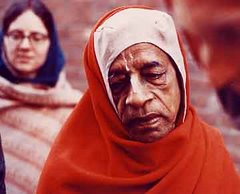
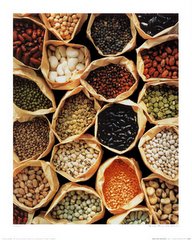
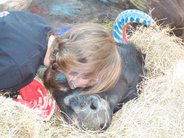
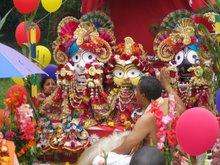
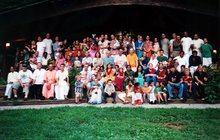
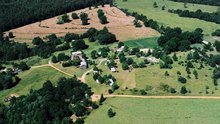

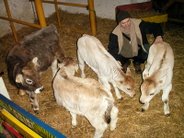
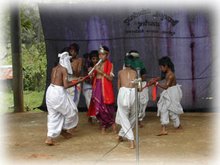
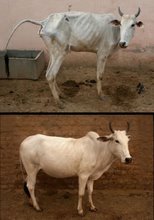
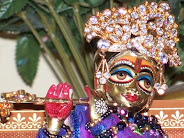
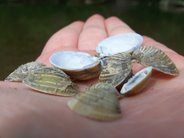

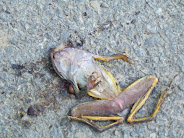
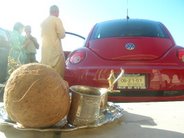


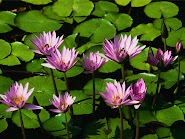

No comments:
Post a Comment